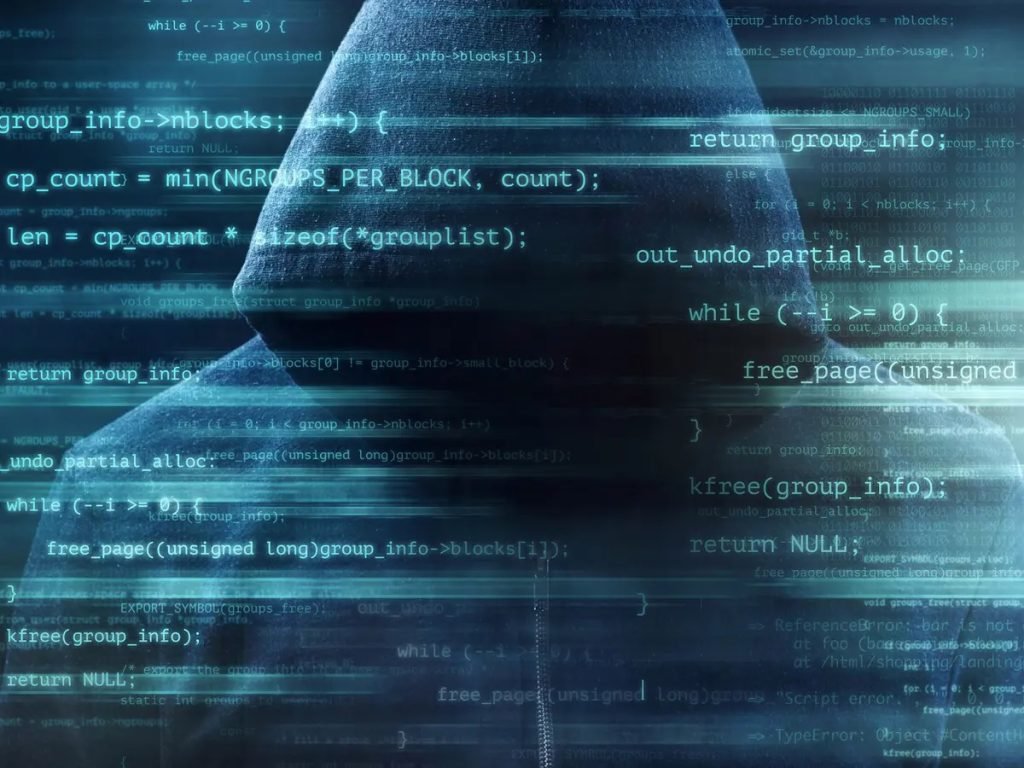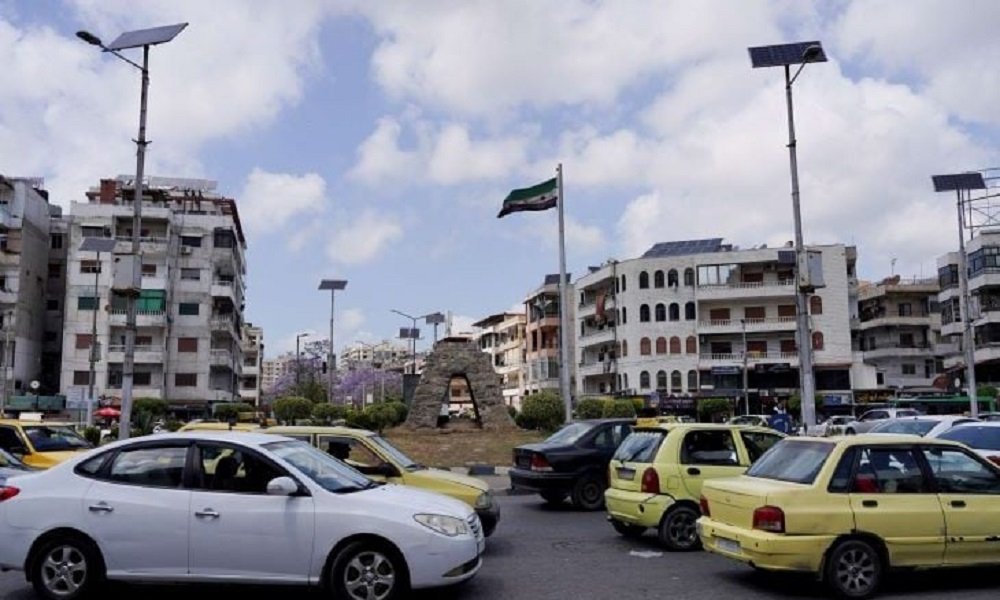[ad_1]
Watan-Judicial sources in Damascus have revealed a sharp increase in complaints submitted to the public prosecution regarding crimes related to sectarianism, incitement, and mobilization through social media platforms. This comes amid discussions about amending the cybercrime law that has been in force for the past three years.
The sources, who spoke to Al-Quds Al-Arabi on condition of anonymity, noted that cybercrime complaints have not ceased. Any complainant can file a report to the competent public prosecution, which refers it to the local police station.
The station then documents the complaint and sends it to the judiciary, which classifies the crime and forwards the case to either the misdemeanor courts that handle cybercrimes or to criminal courts, depending on the severity of the offense.
Lawyer Ammar Youssef:“90% of pages promoting sectarian incitement are fake accounts operated from abroad to sow discord inside the country.”
Law No. 20, issued in 2022, is one of the most controversial laws in Syria, as it has been widely accused of silencing dissent and restricting freedoms. The law includes severe penalties, including up to 10 years in prison and heavy fines, especially for offenses deemed to undermine the dignity of the state.
Despite media campaigns and public criticism, the Syrian Parliament under the former regime passed the law, which was later ratified by decree. Critics argue it drastically reduced the space for criticizing the government, turning any social media post against an official into a punishable offense.


Judicial sources highlighted major challenges in providing digital evidence for these crimes due to the inactive state of the cybercrime unit. This unit falls under the Criminal Security Administration, which remains nonfunctional. As a result, most complaints are referred to regular police stations, which lack the technical capacity to investigate complex cybercrimes.
Some complaints are delayed, forcing the complainant to wait until their case is prioritized—often behind more serious cases due to overwhelming pressure on police stations.
Cybercrime courts are divided between misdemeanor courts handling minor cases and criminal courts dealing with serious cyber offenses.
Sources confirmed ongoing discussions to amend the cybercrime law to align with constitutional guarantees of free speech. However, there is currently no clear vision or special committee formed to initiate the amendment process.
On Tuesday, Interior Ministry spokesperson Nour al-Din al-Baba addressed reasons behind the delay in launching the Cybercrime Investigation Department. On his Facebook page, he cited deliberate sabotage by remnants of the former regime at the time of its collapse, aimed at dragging the country into chaos. He also mentioned ongoing vandalism to the building, adding that restoration requires time, resources, and technical fixes for network and database systems.
He explained the delay also stems from challenges in unifying criminal records across provinces, and establishing a centralized database for warrants, legal notices, and court rulings. Some provinces still lack fully functioning state administration, delaying services like the “non-criminal record” certificate and overburdening other provinces where these services are available.
Al-Baba concluded:“These problems will be gradually resolved in the near future.”
The current cybercrime law, passed under the previous regime, significantly curtailed the ability to criticize the government, with social media criticism of officials now considered a punishable crime.


Sectarian Incitement Complaints
Prominent lawyer Aref al-Shaal told Al-Quds Al-Arabi that the public prosecution must actively pursue legal cases against those inciting sectarian hatred on platforms like Facebook, even if they are operating from abroad, given the serious threat they pose to social stability.
His colleague, Fawaz Khoja, noted that cybercrime complaints are still not effectively processed. Citizens file their cases and then wait for long periods before prosecution begins, undermining justice. He emphasized the urgent need to activate the cybercrime investigation department.
Lawyer Ammar Youssef added that while complaints are being received, they are often not properly followed up on. Some are paused altogether due to the lack of technical tools only available in the still-inactive cybercrime unit.
Youssef observed a spike in cases related to sectarian incitement, stating that many take advantage of the absence of accountability to spread dangerous rhetoric online. He estimated that 90% of these pages are fake accounts managed from outside Syria, with the goal of igniting internal strife.
[ad_2]
Source link
Click Here For The Original Source.

